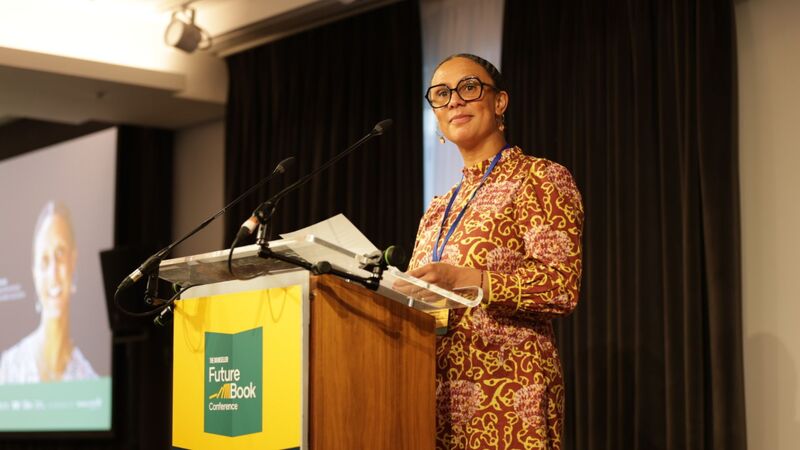You are viewing your 1 free article this month. Login to read more articles.
BA welcomes EU Commission's plans for fairer taxation
The Booksellers Association (BA) has welcomed the EU Commission's plans for fair taxation of the digital economy as part of its Digital Single Market strategy.
The Commission's communication made on Thursday (21st September) said policy makers were "struggling to find solutions which would ensure fair and effective taxation as the digital transformation of the economy accelerates" and branded current tax rules, originally designed for brick and mortar businesses, "outdated". The combination has created an "unsustainable situation", it said, where as a result, the effective tax rate of digital companies in the EU is estimated to be half that of traditional companies – and often much less.
"As a result, some businesses are present in some countries where they offer services to consumers and conclude contracts with them, taking full advantage of the infrastructure and rule of law institutions available while they are not considered present for tax purposes. This free rider position tilts the playing field in their favour compared to established businesses," the Commission said.
Its aim is to ensure a coherent EU approach to taxing the digital economy that supports the Commission's key priorities of completing the Digital Single Market and ensuring the fair and effective taxation of all companies. It stressed: "The EU needs a modern tax framework to seize digital opportunities, while also ensuring fair taxation".
The announcement paves the way for a legislative proposal on EU rules for the taxation of profits in the digital economy. As well as calling for "a strong and ambitious EU position on taxing the digital economy", feeding into ongoing international work on the issue, it will provide a basis for further political discussions amongst member states at the Tallinn Digital Summit on Friday (29th September).
Tim Godfray, chief executive of the Booksellers Association, said the announcement was a long time coming after years of efforts on its part raising awareness of the predicament.
He said the organisation would do all it could to see it delivered.
"The announcement in Brussels by the European Commission comes after many years of hard work by the BA on behalf of our members. For many, many years we have argued that the current system has allowed an unequal playing field to exist in the book trade, one that is both damaging to booksellers, consumers and the future of our cultural medium in general," said Godfray.
"The BA has been assiduous in taking this message far and wide, across the UK and in Brussels. We are delighted that this sometimes lonely task seems to have been successful."
He added the BA had "repeatedly" made the point that the current system of corporate tax, of business rates, of profit shifting and VAT rate flexibility from one jurisdiction to the next, and of the ability of multi-national online retailers to pay a vastly reduced sum in comparison with bookshops in the UK and Ireland was "wrong".
"In making these representations the BA was always clear that we did not seek unfair advantage for our members over others, and that we did not seek in any way anything other than the reform of an outdated and unfair system which resulted in an uneven playing field for UK booksellers. What we sought was a level playing field for competition to flourish on. In this spirit, we welcome this news, and will seek to do all we can to see it delivered."
Giles Clifton, head of corporate affairs, added: "The BA has campaigned hard on behalf of its members to explain the gross disparity between what our members are paying in tax, and what some multi-national booksellers are paying. This was always unfair, self-defeating and indefensible. The enormous contribution the UK bookselling sector makes to the economy, to society, and what it provides to us as a nation, needs to be fully recognised. This is a step in the right direction. We hope this will result in the creation of a more even playing field for UK booksellers.”
In July, the BA called on UK politicians to reform business rates or risk 275 towns losing bookshops.



















